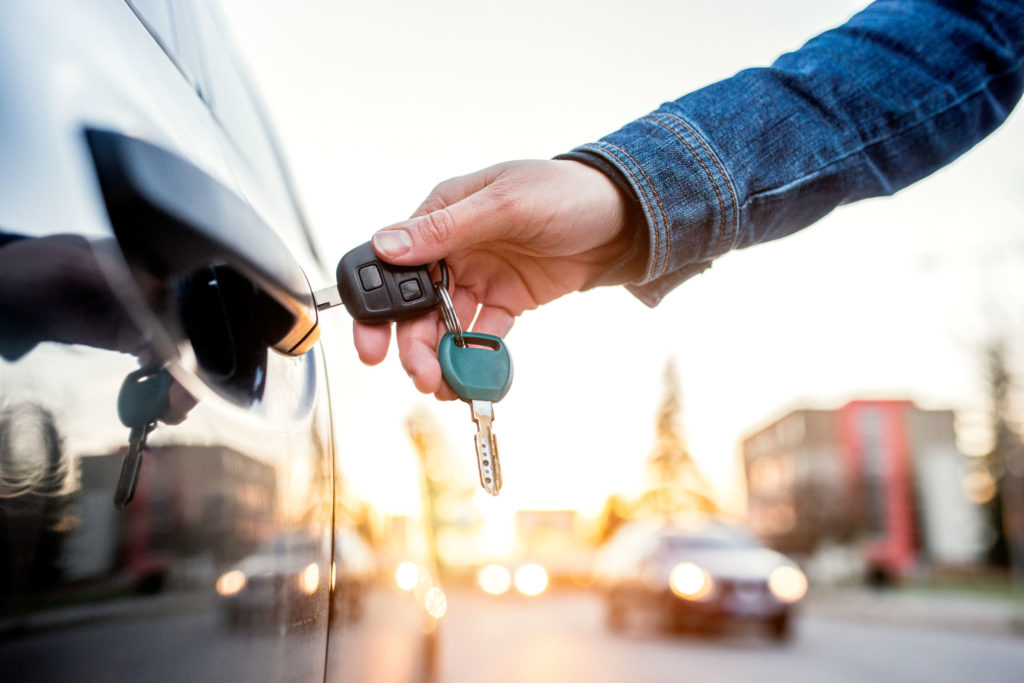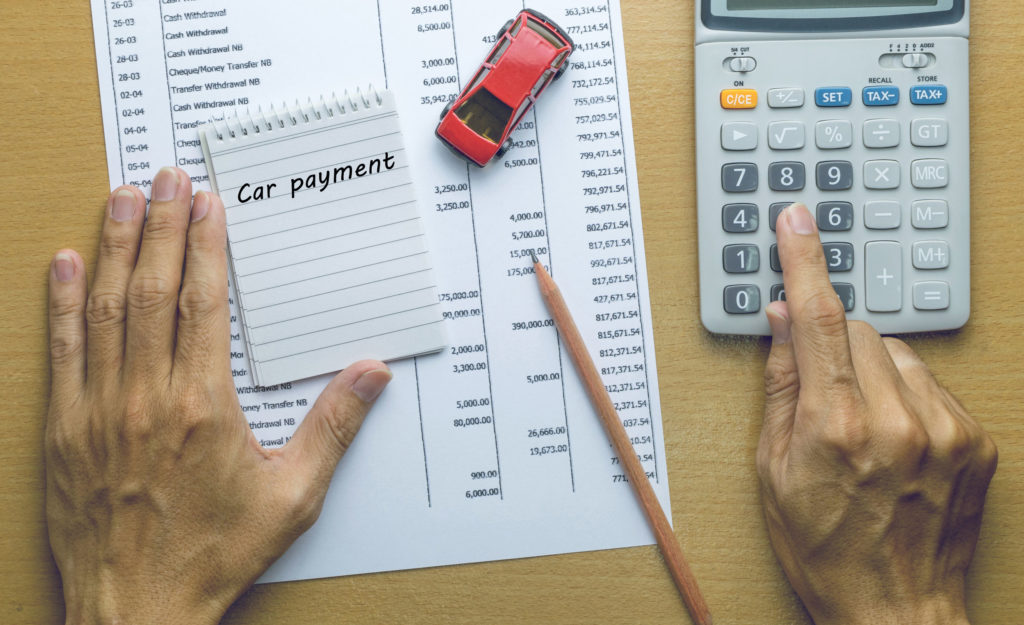
When it comes to bankruptcy, one of the most common questions people ask is what will happen to their home or vehicle. The answer varies considerably depending on which type of bankruptcy you file, the exemptions you claim, and the extent of your debt.
Before you consider filing bankruptcy in Arizona, you should take stock of your financial priorities. For example, some people prefer to give up some of their property in order to discharge the maximum amount of debt. Others would rather set up a repayment plan so that they can retain as many assets as possible.
While it is common for bankruptcy filers to surrender their vehicle in a Chapter 7 bankruptcy so as to stop making car payments, the situation is a little more complicated when you file for a Chapter 13 bankruptcy. To answer your questions, the Arizona bankruptcy attorneys at Lerner and Rowe Law Group have put together this helpful guide to car payments in Chapter 13.
Chapter 13 Bankruptcy: An Overview
In comparison to Chapter 7, in which most or all unsecured debt is discharged by the bankruptcy court, Chapter 13 seeks to restructure existing debt into affordable monthly payments. A repayment plan approved by the court could span anywhere from three to five years and allows filers to retain their assets.
While Chapter 7 is the most commonly filed type of bankruptcy, it isn’t for everyone. Whether you don’t pass the bankruptcy means test or you have assets you’d like to retain, Chapter 13 is a solid, if slightly more complicated alternative to a liquidation bankruptcy.
Car Payments in Chapter 13 Bankruptcy
If you have fallen behind on your car payments and are at risk of losing your vehicle, bankruptcy is one way you can potentially avoid repossession. Once you file a bankruptcy petition, an automatic stay usually goes into effect.
The automatic stay essentially blocks your creditors from attempting to collect on your outstanding debts usually for the entire duration of the bankruptcy process, including your car. In some cases, a skilled bankruptcy lawyer can even help you get your car back if it has already been repossessed.
In addition to saving your vehicle from repossession, filing Chapter 13 can also allow you to catch up on delinquent payments in reasonable monthly installments included in your approved repayment plan. If your vehicle is worth less than what you owe, you may even be able to reduce the amount of your car loan to match the actual value of the vehicle.

Surrendering Your Car in Chapter 13
If you have determined that you are unable to afford a monthly car payment and want to stop your car payments, you have the option to return your vehicle to the creditor in a Chapter 13 bankruptcy. There are several reasons why it might make more sense to surrender your car as opposed to making car payments in Chapter 13.
- The loan balance is much higher than the car’s actual value and you are unable to negotiate better loan terms
- You don’t have enough disposable income to include a car payment or other car-related expenses in your repayment plan
- Your car is in poor shape or requires expensive repairs
If you find yourself in any of these circumstances, you have the option of letting the bank repossess your vehicle as a part of your repayment plan. Surrendering the collateral backing the secured car loan (the car itself) converts any remaining deficiency balances into unsecured debt, which you are less likely to be held liable for, since paying back secured debts take priority in a Chapter 13 bankruptcy case.
Contact Lerner and Rowe Law Group Today
If you’re struggling with overwhelming debt related to credit cards, medical bills, tax penalties, or any other kind of debt, contact the Phoenix debt relief lawyers at Lerner and Rowe Law Group. Our professional and compassionate legal team can help you get a fresh financial start.
Call us today at one of the numbers below, chat with a representative online now, or submit the details of your case using our secure contact form. Consultations are free, and we offer affordable payment plans.

